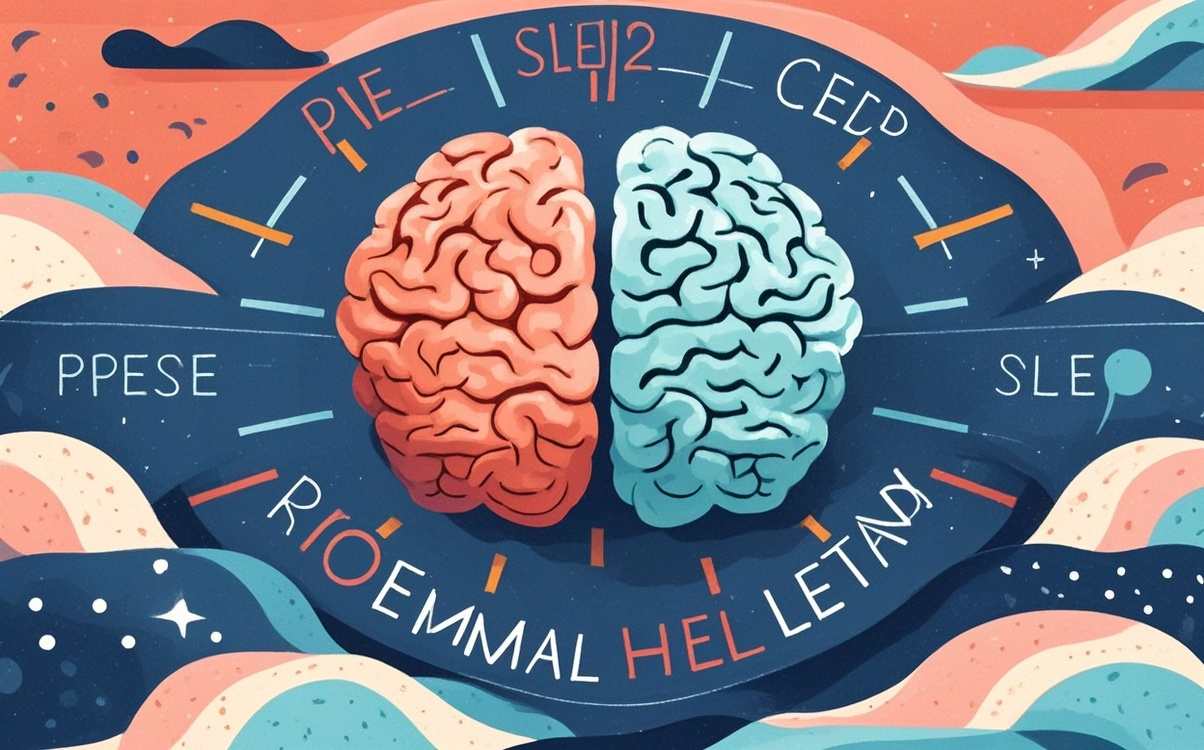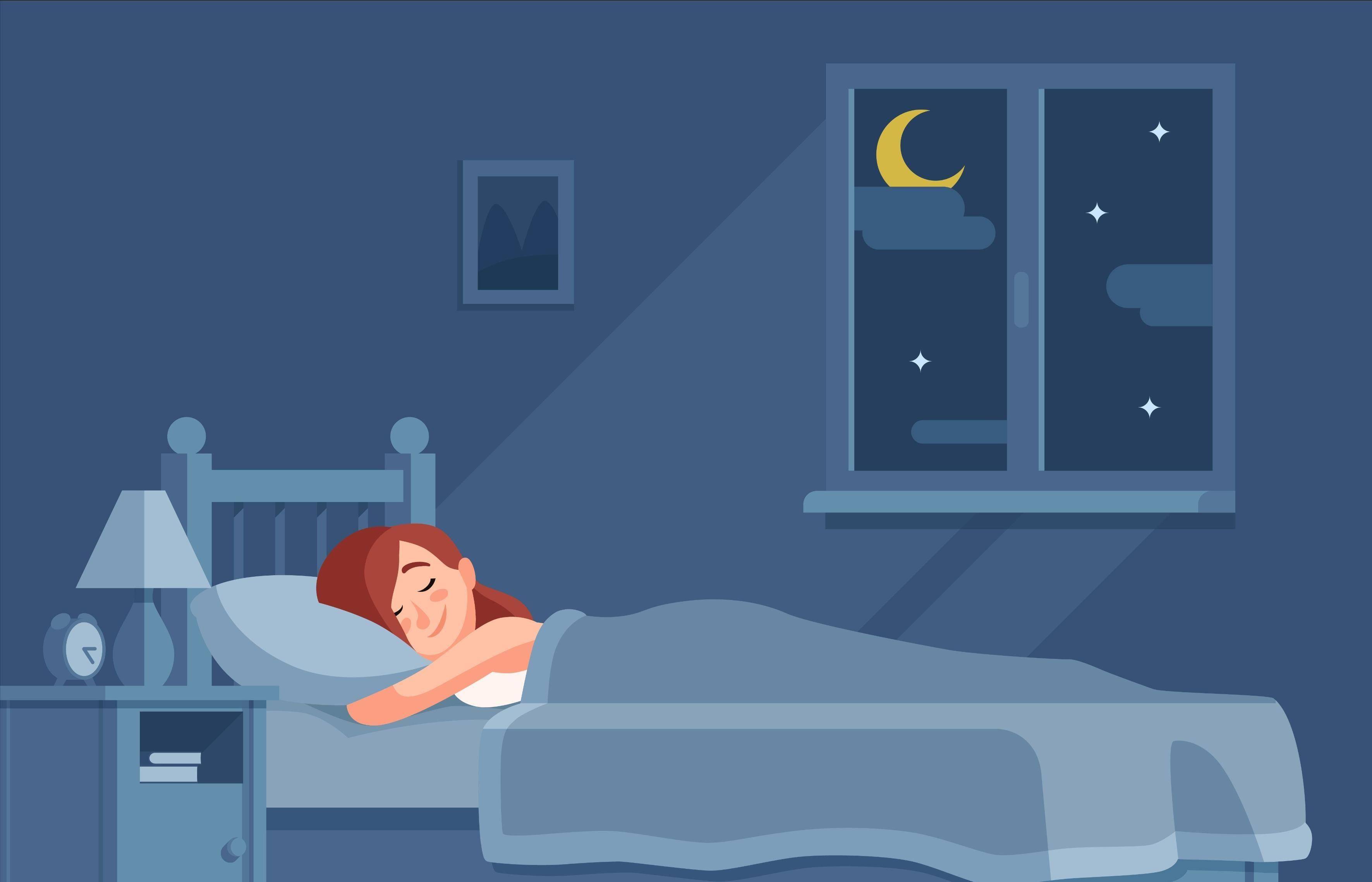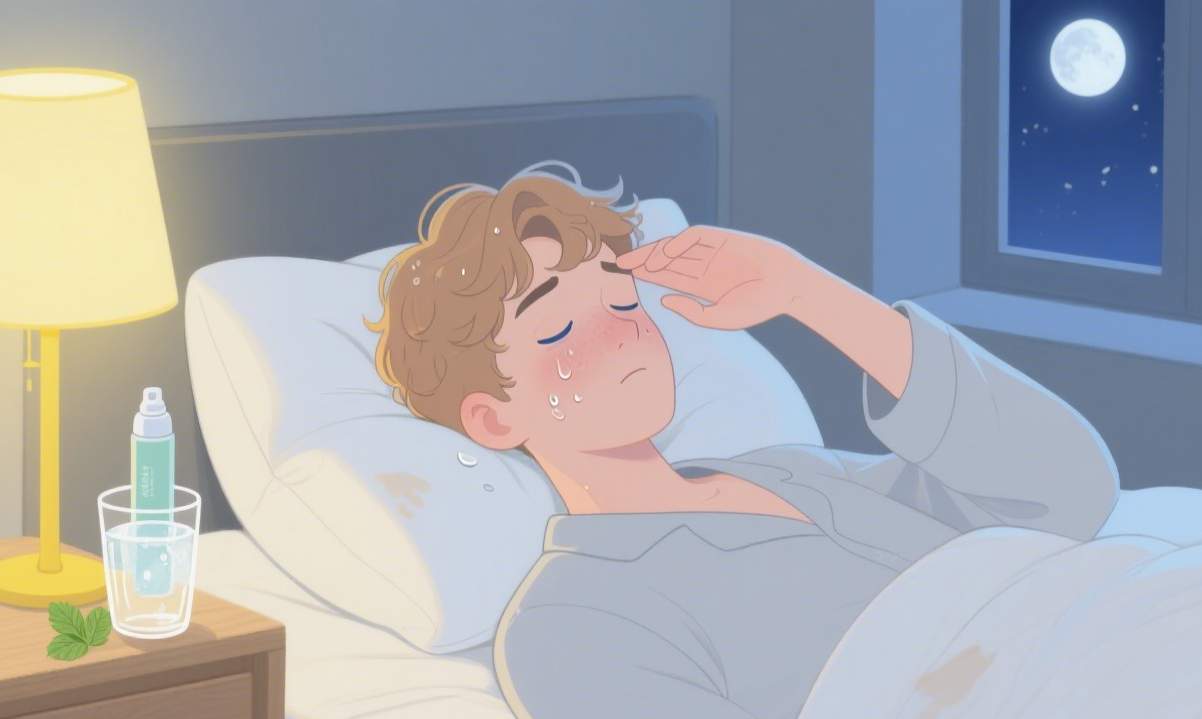Introduction to the Concept of Blue Light and Its Sources
In today's digital age, we're constantly surrounded by screens—whether it's our smartphones, tablets, computers, or even LED light bulbs. These devices emit a type of light known as blue light, which is part of the visible light spectrum. Blue light has a short wavelength and high energy, making it more intense than other types of light. While natural sources of blue light, such as sunlight, are beneficial during the day, artificial sources can be problematic, especially when it comes to our sleep.
The Science Behind How Blue Light Affects Sleep, Including Its Impact on Melatonin Production
To understand how blue light affects sleep, we need to look at the role of melatonin, a hormone that regulates our sleep-wake cycle. When it gets dark, our bodies naturally produce more melatonin, signaling that it's time to wind down and prepare for sleep. However, exposure to blue light in the evening can disrupt this process. Blue light tricks our brain into thinking it's still daytime, suppressing melatonin production and making it harder to fall asleep. This can lead to a variety of sleep issues, including difficulty falling asleep, frequent awakenings, and poor sleep quality.
Common Devices That Emit Blue Light and Their Influence on Sleep Quality
Many of the devices we use daily emit significant amounts of blue light. Smartphones, tablets, and computer screens are some of the most common culprits. Even LED and fluorescent lights, which are becoming increasingly popular due to their energy efficiency, emit blue light. The constant exposure to these devices, especially in the hours leading up to bedtime, can have a profound impact on our sleep. It can delay the onset of sleep, reduce the amount of deep, restorative sleep, and leave us feeling groggy and unrested in the morning.
The Role of Screen Time in Disrupting Sleep Patterns, with Tips on Reducing Exposure Before Bedtime
Screen time before bed is a major contributor to disrupted sleep patterns. The bright, blue-tinted light from screens can keep your brain alert and make it difficult to relax. To minimize the impact of screen time on your sleep, consider implementing a few simple strategies:
1. Set a Digital Curfew: Try to stop using electronic devices at least an hour before you plan to go to sleep. This gives your brain time to wind down and start producing melatonin.
2. Use Night Mode: Many devices have a "night mode" or "blue light filter" setting that reduces the amount of blue light emitted. Enable this feature in the evening to make your screens easier on the eyes.
3. Read a Book: Instead of scrolling through social media, read a physical book or listen to an audiobook. This can help you relax and transition into a sleep-friendly state.
4. Create a Relaxing Routine: Develop a pre-sleep routine that includes calming activities like meditation, gentle stretching, or a warm bath. This can signal to your body that it's time to wind down.
Exploring Blue Light Filtering Glasses and Apps as Solutions for Better Sleep
If you find it challenging to avoid screens altogether, there are tools that can help. Blue light filtering glasses, for example, are designed to block or absorb blue light, reducing its impact on your sleep. These glasses can be worn while using electronic devices, allowing you to stay connected without disrupting your sleep cycle.
Additionally, there are apps and software that can adjust the color temperature of your screens. Programs like f.lux and Twilight automatically shift the color of your display to warmer tones in the evening, mimicking the natural light of sunset. This can help reduce the blue light exposure and make it easier to fall asleep.
How to Create a Sleep-Friendly Environment by Minimizing Blue Light Exposure in the Bedroom
Creating a sleep-friendly environment in your bedroom is crucial for getting a good night's rest. Here are some tips to minimize blue light exposure and promote better sleep:
1. Dim the Lights: Use dim, warm-toned lighting in your bedroom. Consider replacing bright, white LED bulbs with softer, amber-colored bulbs.
2. Limit Electronic Devices: Keep electronic devices out of the bedroom, or at least turn them off and cover any glowing lights. If you need an alarm clock, opt for one with a red or amber display.
3. Use Blackout Curtains: If you live in a well-lit area, blackout curtains can help block out external light sources, creating a darker, more conducive sleep environment.
4. Consider Room Darkening Shades: If you prefer a bit of natural light, room darkening shades can still help reduce the amount of blue light entering your bedroom.
The Importance of Maintaining a Consistent Sleep Schedule Alongside Managing Blue Light Exposure
While managing blue light exposure is important, it's also essential to maintain a consistent sleep schedule. Going to bed and waking up at the same time every day helps regulate your body's internal clock, making it easier to fall asleep and wake up naturally. Here are some additional tips to help you maintain a healthy sleep routine:
1. Stick to a Schedule: Try to go to bed and wake up at the same time every day, even on weekends. This consistency helps train your body to follow a regular sleep pattern.
2. Create a Wind-Down Routine: Establish a relaxing pre-sleep routine to signal to your body that it's time to wind down. This could include reading, meditating, or taking a warm bath.
3. Avoid Caffeine and Heavy Meals: Avoid consuming caffeine and heavy meals in the hours leading up to bedtime, as they can interfere with your ability to fall asleep.
4. Stay Active During the Day: Regular exercise can help you sleep better, but try to finish your workout at least a few hours before bedtime to give your body time to cool down.
In summary, blue light from electronic devices and other sources can significantly disrupt your sleep by suppressing melatonin production and keeping your brain alert. By understanding the science behind blue light and its effects, you can take steps to minimize its impact. Simple strategies like setting a digital curfew, using blue light filtering glasses and apps, and creating a sleep-friendly environment in your bedroom can make a big difference. Additionally, maintaining a consistent sleep schedule and following a relaxing pre-sleep routine will further enhance your sleep quality. By limiting blue light exposure and prioritizing good sleep hygiene, you can improve your overall sleep health and wake up feeling refreshed and ready to tackle the day.








